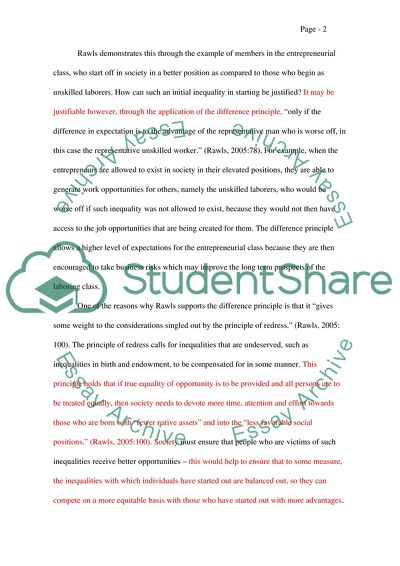Cite this document
(The Significance of the Difference Principle Essay, n.d.)
The Significance of the Difference Principle Essay. https://studentshare.org/social-science/1716357-philosophy-essay-on-theory-of-justice-john-rawls
The Significance of the Difference Principle Essay. https://studentshare.org/social-science/1716357-philosophy-essay-on-theory-of-justice-john-rawls
(The Significance of the Difference Principle Essay)
The Significance of the Difference Principle Essay. https://studentshare.org/social-science/1716357-philosophy-essay-on-theory-of-justice-john-rawls.
The Significance of the Difference Principle Essay. https://studentshare.org/social-science/1716357-philosophy-essay-on-theory-of-justice-john-rawls.
“The Significance of the Difference Principle Essay”. https://studentshare.org/social-science/1716357-philosophy-essay-on-theory-of-justice-john-rawls.


